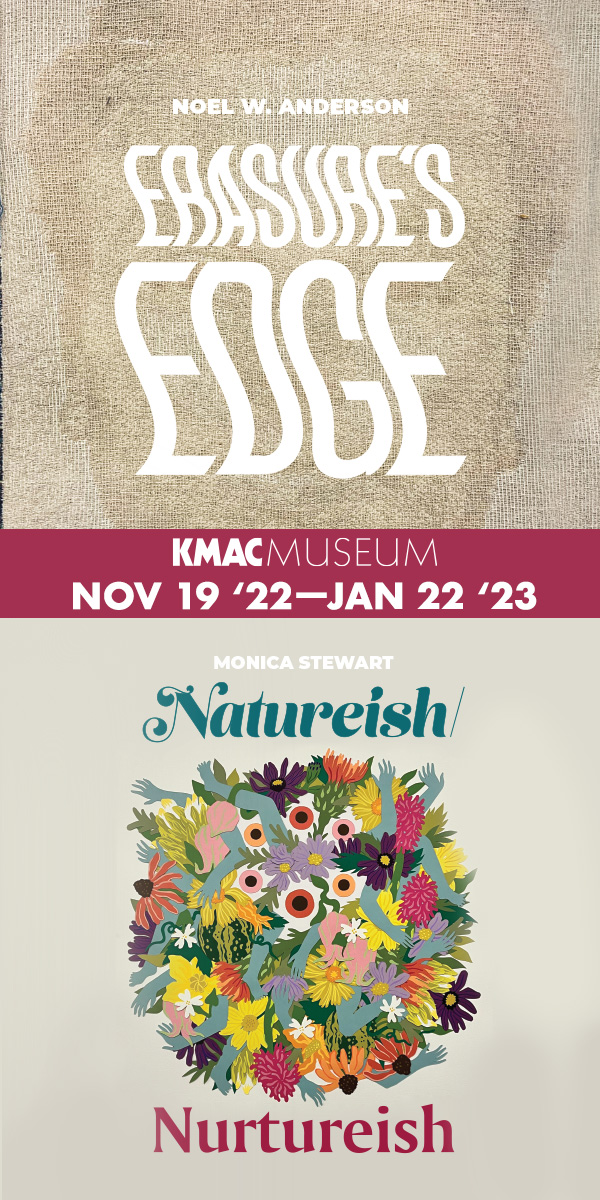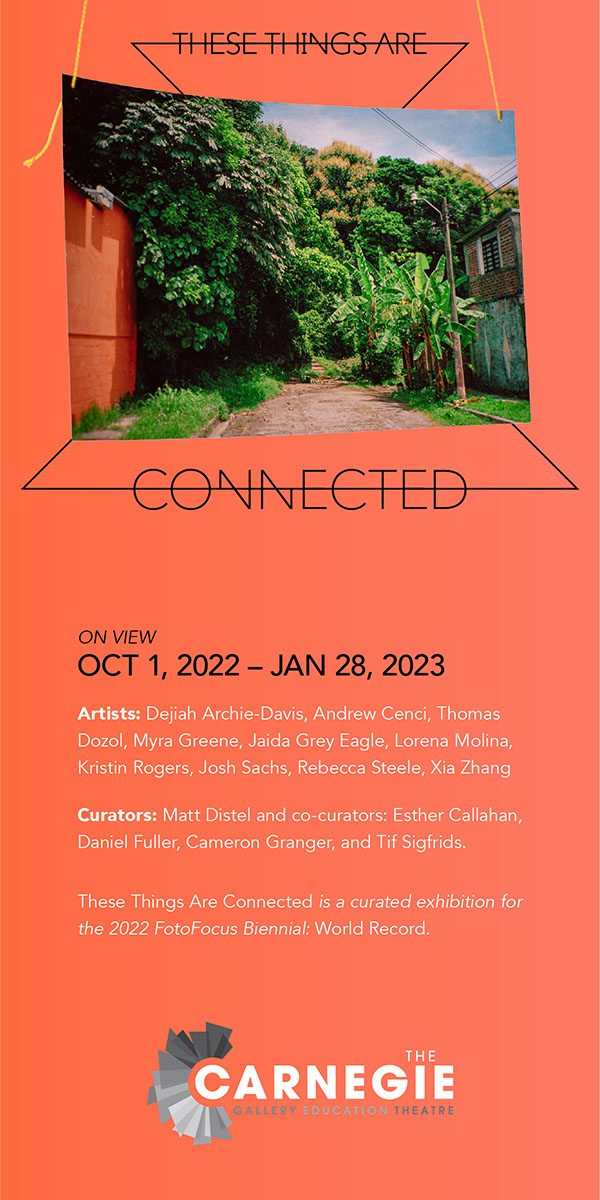This article was produced in partnership with The International Center for Journalists
After being almost entirely dismissed by mainstream media and record labels in Japan until the mid-nineties, the world of Japanese hip-hop emerged out of the underground clubs and gatherings at parks and train stations and has generationally evolved to be embedded in the cultural consciousness of every day Japanese people. Alongside of a positive shift toward true gender equality as well as a rising awareness and celebration of idiosyncratic hip-hop music, dance, fashion, and art, a new generation of avant-garde female rappers has emerged, who were not only inspired by strong American female hip-hop artists like MC Lyte and Lauryn Hill, but also by trailblazing Japanese hip-hop groups like Rhymestar and Nitro Microphone Underground, who learned the four elements of hip-hop from New York and adapted it to a Japanese palate.
Before female MCs began crafting their own raps in Japan, female R&B singers were instrumental in bringing hip-hop into the mainstream in Japan. The beginnings of commercial success for hip-hop artists started in the summer of 1995, when a group called East End teamed up with a former J-pop star named Yuri to put out a track called “Da.Yo.Ne.”. This song went on to sell millions of copies and started a long history of female J-pop and R&B artists, like Cibo Matto and Koda Kumi, to experiment with rapping as well as featuring (predominantly male) underground hip-hop artists in their songs. In his foundational book on the beginnings of how Japanese hip-hop came to be, Hip-Hop Japan: Rap and the Paths of Cultural Globalization, MIT professor and Japanese scholar, Ian Condry, mentions that, in the late nineties, “a Japanese R&B boom led by women singers helped to bring (male) Japanese hip-hop into the mainstream consciousness.”
When hip-hop initially went mainstream in Japan, women were merely fans, but times have changed and now there is a multitude of new female MCs who are not only going beyond their rigid “Office Lady” gender expectations, but are experimenting into totally new realms of music and self-expression.
In particular, female MCs in Japan face lots of problems, not only with sexual harassment and dismissive record executives, but also with the Japanese language alone. In English, women and men use the same grammar and verb endings to express an idea, but in Japanese, women and men use different expressions. For example, women often refer to themselves as “atashi”, whereas men will use the word “ore”, so it creates a challenging dilemma for female MCs who want to sound strong but still maintain a feminine touch.
The 20 women that I have featured in this series are courageously shifting the paradigm of a male-dominated hip-hip world to a more balanced state and are brewing up fresh compositions drawing from elements of J-Pop, hip-hop, jazz, EDM, and traditional Japanese folk music. Using the spirit of hip-hop that celebrates individual pride and uniqueness, these women are boldly rejecting the image of passive Japanese women, fighting misogyny in their lyrics and performances, and are pushing the global world of hip-hop to new heights.




